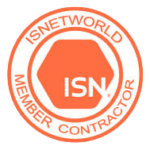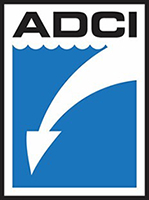Platform Inspections
We are a leading provider of air, mixed gas, and saturation diving services for the oil and gas industry.
Platform Inspections
An offshore platform inspection is a comprehensive assessment of the structure, systems, and equipment of an offshore platform to ensure its safety, integrity, and compliance with regulations. Here are the key aspects that typically go into an offshore platform inspection:
- Structural Integrity: The inspection assesses the overall structural condition of the platform, including the integrity of the steel or concrete components, welds, and corrosion levels. Special attention is given to potential fatigue and stress points.
- Safety Systems: Verification of safety systems is a priority, covering items such as fire detection and suppression, emergency evacuation equipment, lifeboats, and safety signage. Ensuring these systems are functional is critical for the safety of offshore personnel.
- Environmental Compliance: The inspection assesses compliance with environmental regulations, focusing on measures to prevent oil spills, emissions control, and waste disposal practices.
- Machinery and Equipment: All machinery and equipment, including generators, pumps, cranes, and electrical systems, are examined for proper operation and maintenance. This ensures that critical systems can function reliably.
- Corrosion Protection: Measures for corrosion prevention, including coatings, cathodic protection systems, and sacrificial anodes, are checked to prevent degradation of the platform’s structure.
- Piping and Pipelines: The inspection includes a review of all pipelines, risers, and wellheads to detect any leaks, corrosion, or damage that may pose environmental or safety risks.
- Subsea Infrastructure: Subsea components, such as wellheads, pipelines, and risers, are examined to ensure their integrity and adherence to safety and environmental standards.
- Environmental Conditions: Assessments of the platform’s exposure to harsh environmental conditions, such as waves, currents, and extreme weather, are considered when evaluating its structural and operational integrity.
- Regulatory Compliance: The inspection verifies that the platform complies with industry-specific regulations and standards, including those related to safety, environmental protection, and operational procedures.
- Data Analysis: Data from sensors and monitoring systems are reviewed to identify trends or anomalies that may require further investigation or maintenance.
- Documentation Review: Ensuring that all required records, maintenance logs, and certification documents are up-to-date and readily accessible is a crucial part of the inspection process.
- Personnel Training: The qualifications and training of the platform’s personnel are assessed to ensure they are adequately prepared to respond to emergencies and operate the platform safely.
An offshore platform inspection is a multifaceted process that demands attention to detail, rigorous adherence to safety protocols, and expertise in various disciplines. It is a critical component of maintaining the operational reliability and safety of offshore platforms, ultimately safeguarding the environment and the well-being of those working on these structures.
Industry Standard Certified
CEES holds numerous memberships and certifications to industry standard organizations to ensure our team will always be the most knowledgeable and skilled on any job site.





